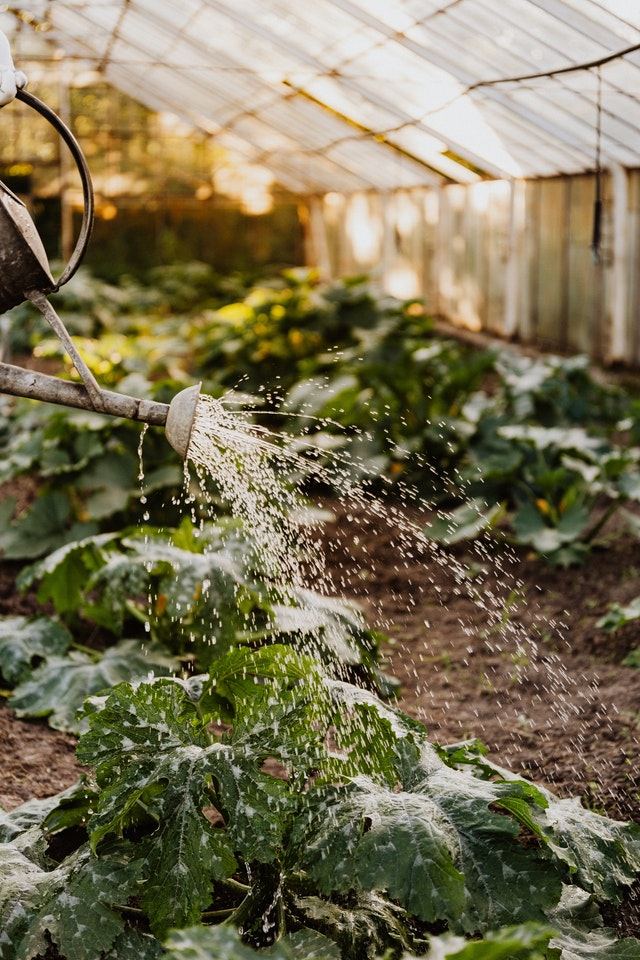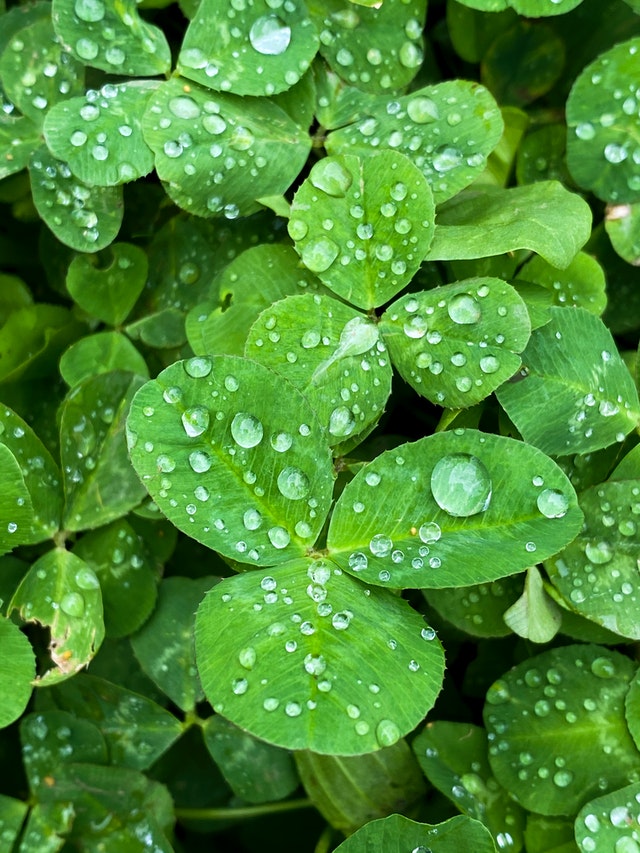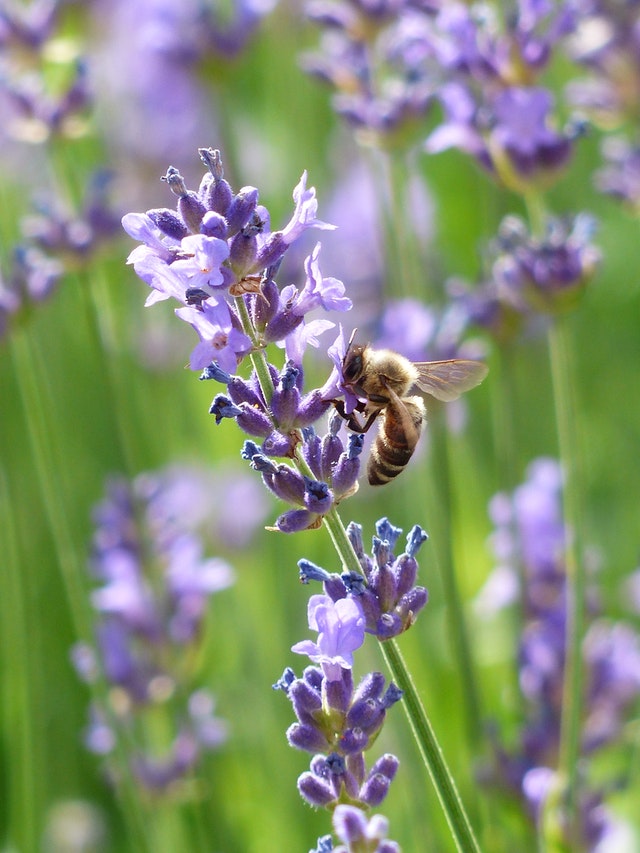Whether you are wanting to cut down on those water bills or reduce your carbon footprint by saving water, harvesting rainwater has both financial and environmental benefits, and can play an important part in your eco-friendly gardening efforts this year.

Saving money on water bills
Gardens can need a lot of watering, especially in the warmer months, and this can mean paying a utility company to provide you with water that quite literally soaks away into the ground. Harvesting rainwater prevents you from having to do this, allowing you to reuse rainwater in your garden rather than paying out unnecessary fees to water companies.
Harvesting rainwater can lead to major water savings for gardeners. Waterwise reports that gardens can account for as much as 50 per cent of the water used in the summer, giving an indication of how much is used – and how much could be saved by having a rainwater system in operation.

Looking after the planet
Rainwater harvesting is an essential part of any green gardening effort, as it prevents water wastage and can remove some of the energy requirements associated with getting mains water to your home or business premises. A large benefit to harvesting rainwater is that no chemicals are needed to treat the water, as the filtration processes can be used to treat it when necessary.
The process plays an important part in protecting your immediate environment, particularly with larger-scale rainwater systems, which capture a lot of rainwater and can significantly reduce how much rainwater hits main drainage networks, helping to prevent localised flooding in certain areas.
Choosing a rainwater system
There are several options for harvesting rainwater, ranging from simple water butts to household and commercial rainwater harvesting systems, which can be installed either below or above ground. These systems could lead to you using as much as 50 per cent less mains water, according to the Permaculture Association.
Water butts divert rainwater into a storage tank, rather than into the ground drainage system, meaning that the water can be used in the garden. Companies such as Northern Tank Store offer a range of water collection and storage systems that enable the efficient harvesting of rainwater, which can then be stored and used when needed.
Using harvested rainwater in your garden
As well as looking after your bank balance and the wider environment, harvested rainwater can allow you to take care of your plants and lawns, as it helps plants to look healthier by eliminating harmful chemicals from your soil, even if there is a hosepipe ban in force. This can be particularly important in drought-prone areas and those where water shortages are a regular occurrence in the warmer months.
Ways to save even more water in your garden
There are a range of ways to save water in your garden, and investing in a rainwater system allows you to pursue many of these to show your green gardening efforts. To help you further, here are a few tips to help you save even more water when caring for your outside space:
- Do not cut lawns too short as they are more likely to dry out.
- Water in the evening to minimise evaporation.
- Use watering cans instead of sprinklers or hosepipes.
- Do a water audit to find any outside leaks and fix the problems.
- Make the most of plants that can cope with drier conditions, such as rosemary, buddleia and lavender.
-

Photo by Jill Burrow from Pexels



Leave a Reply